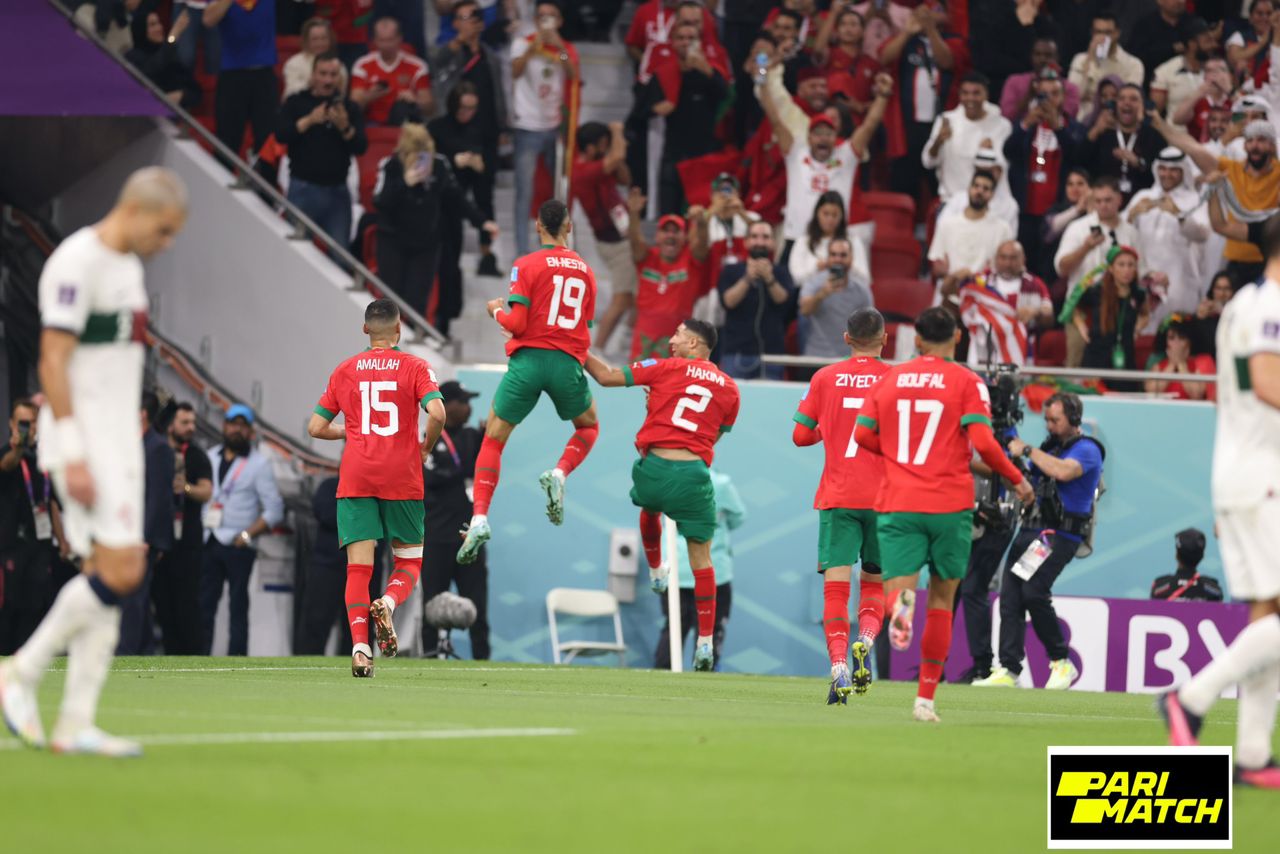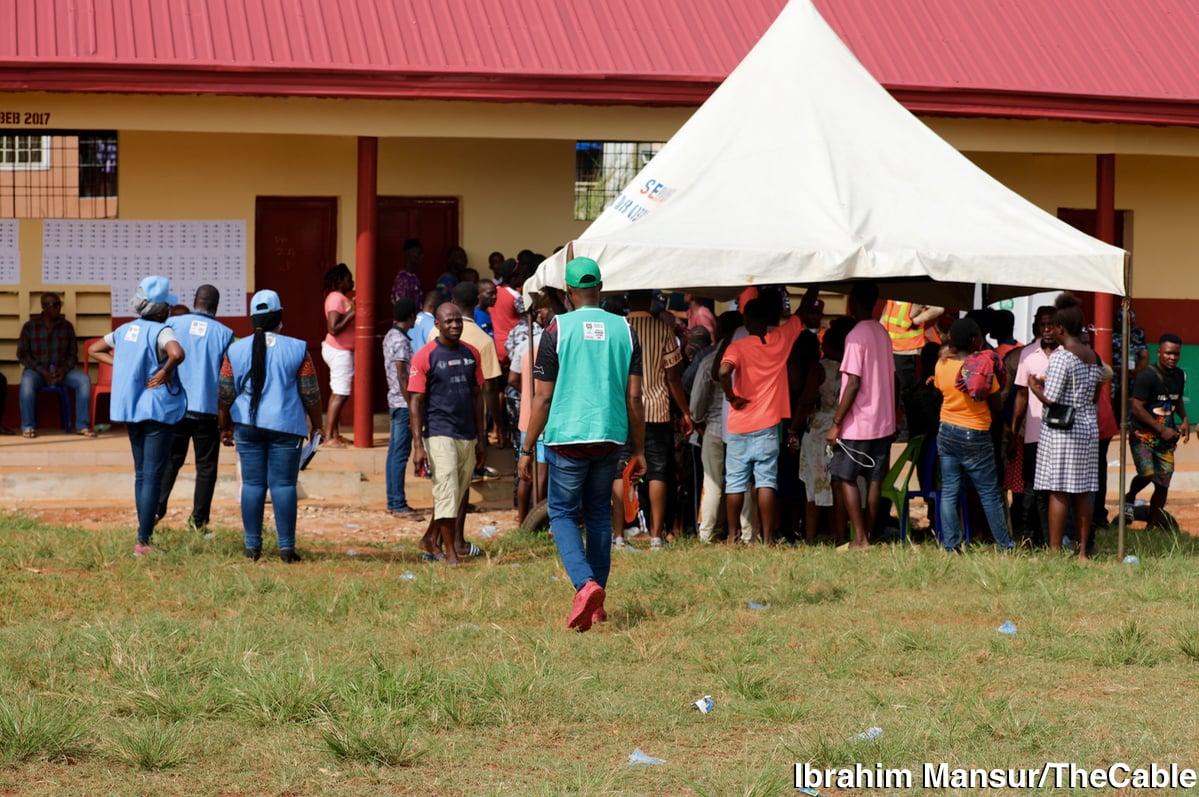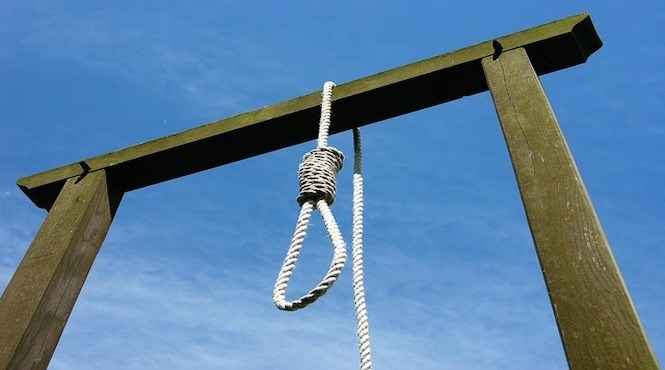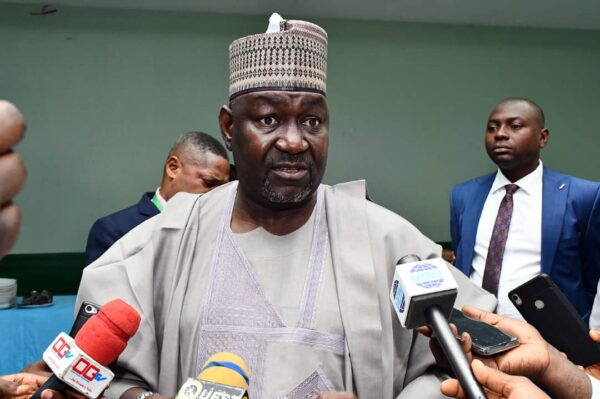Morocco beat Portugal to become first African nation in World Cup semis
Photo credit: Pooja Media
Before the first ball was kicked in Qatar, at the ongoing World Cup on the 20th of November 2022, the farthest, even the most generous pundits, and the most optimistic fans of African football, expected any of the five representatives from the continent would go was to match the continent’s previous record of quarter-final appearance. The countries from Africa that have ever achieved that feat are Cameroon (1990), Senegal (2002), and Ghana (2010). And among the five African representatives at this year’s edition, the burden of the expectation was heavily tilted on Sadio Mane-inspired champions of the continent – Senegal. But about a fortnight to the kick-off, fate played a very cruel one on the ebony attacker, as he sustained an injury that would completely rule him out of the tournament.
So, it was expected to be another competition, in which African countries would end up as “also-ran”. Per Cafonline, countries that have represented the continent in the FIFA World Cup, up to the ongoing edition – Qatar 2022, and the number of times they have done so, are as follows: Cameroon (8 times) Morocco (6 times); Nigeria (6 times); Tunisia (5 times); Algeria (4 times); Ghana (4 times); Côte d’Ivoire (3 times); Egypt (3 times); Senegal (3 times); South Africa (3 times); with Angola, Congo DR, and Togo having one time each.
In 2010, Ghana were denied the golden opportunity of a semi-final berth by a combination of foul play by Luis Suárez, and a dint of ill luck, when the former Barcelona striker cleared a goal-bound shot on the line with both hands, and Asamoah Gyan failed to convert the resultant penalty against Uruguay in South Africa. Suarez was red-carded, and the match went into extra time, and into a penalty shootout, but Ghana lost. So, not any African country has, at any time, been able to go beyond the quarterfinals.
Meanwhile, Africa’s participation in the quadrennial event, dated back to the second edition, in 1934, which was hosted by Italy, with Egypt as the continent’s sole representative. There would be no representation for the continent again, during a 36-year period of interregnum, after when Africa, in the eyes of those who ran the game felt, she was ripe enough for a slot. Morocco it was who represented the continent in Mexico in 1970, having overcome Senegal, 3-2 on aggregate.
Advertisement
Then, in 1974, the Democratic Republic of Congo (then Zaire) hoisted Africa’s flag at that better-forgotten adventure in which Africa suffered her worst-ever humiliation, with Zaire losing to (the then) Yugoslavia (and now Serbia), 9-0. In 1978, as Africa’s sole representative, Tunisia recorded the continent’s first-ever victory, with a come-from-behind win against Mexico, 3-1. And in the 1982 edition in Spain, goals from the legendary duo of Lakhdar Belloumi, and Rabah Madjer, ensured what could be categorised as the first real upset, by an African team at the World Cup, as the Desert Warriors of Algeria defeated the almighty West Germany 2-1 in the city of Gijón.
In 1986, Morocco became the first African country to make it to the knock-out stage (second round) of the competition – that is, they made it out of the group stage. Cameroon would then come in the 1990 edition in Italy to be the first African nation to surpass the record, by advancing to the quarter-finals, after beating Romania and Colombia 2-1 each, before and after a loss by 4-0 scoreline to the USSR (Russia), and a narrow loss by 3-2 score line to a Gary Lineker inspired England in the quarter-final, after Emmanuel Kunde, and Eugėne Ekẹ́kẹ́, had orchestrated a short-lived come-from-behind lead cancelling out, momentarily, David Platt’s opener. Two penalties, one during regulation time, and the other in extra time by Lineker put a halt to Cameroon’s seismic run in Italy, that year.
In a subsequent couple of editions, Africa would remain pegged to making do with a 2nd-round ceiling by Nigeria in her maiden appearance in the US-94, and, France-98, until 2002 in Korea-Japan, when Senegal, making her debut in the tournament, defeated the defending champions, France, 1-0 in the opening match, courtesy of a goal by Pape Buba Diop. That was followed by a 1-1 draw with Denmark, and 3-3 with Uruguay – results that were enough to see the Teranga Lions advance to the round of 16. The Lions, inspired by the duo of Khalilou Fadigha, and El-Hadji Diouf, would later, in the round of 16 beats Sweden 2-1, before losing 1-0 narrowly to Turkey in the quarter-finals. Turkey eventually won the 3rd place match against South Korea, having lost the semi-final match to Brazil – the eventual winner of the tournament.
Advertisement
The next edition, which was “the Germany 2006” was everything, but inspiring for Africa. Only Ghana, among the five African representatives, made it to the round of 16, where they lost 3-0 to Brazil. In 2010, when South Africa hosted the quadrennial soccer fiesta, Luiz Suarez’s deliberate goal line handball denied Ghana a place in the semi-finals, as I said earlier.
Then, in Brazil 2014, only Nigeria and Algeria made it to the second round. The Super Eagles lost to France, by 2-0. This was after the Super Eagles lost its steam in the middle of the pack, following a horrible on Ogenyi Onazi, by Blaise Matuidi. Algeria, meanwhile, lost, 2-1, to Germany.
In the 2018 edition hosted by Russia, Nigeria, Tunisia, and Senegal recorded a victory each, 2-0 against Iceland, 2-1 against Panama, and 2-1 against Poland respectively. Morocco managed a draw, while Egypt returned empty-handed in terms of points. With zero team in the round of 16, Russia 2018, was by far, the worst outing for Africa in recent editions. It was a worse experience than in Germany 2006.
Then comes the qualifiers for Qatar 2022 World Cup. It was filled with drama, from Nigeria versus Ghana to Egypt versus Senegal to Algeria versus Cameroon, it was as dramatic, as drama itself. With Nigeria, Egypt, and Algeria, three of the World Cup household names in Africa not going, hopes of Africa making any meaningful impact were placed on the shoulders of the Teranga Lions of Senegal, who are not just the defending champions of the African Cup of Nations, but also have in their team, the reigning African footballer of the year, Sadio Mané, who plies his trade in the German Bundesliga, with Bayern Munich. He joined the Bundesliga giants in the summer, after allowing his contract with Liverpool to run out.
Advertisement
But fate dealt a deadly blow to the west Africans, as Mane was ruled out of the mundial as a result of an injury he sustained in the penultimate match he played for Bayern before the World Cup break. But Senegal, like other African representatives, except Morocco, went, saw, but could not conquer. The moment it became clearer that the African champions would not be able to do much without their talismanic captain, the attentions of African fans, including yours sincerely, began to shift to a certain team from the northern part of Africa – The Atlas Lions of Morocco. After a goalless draw with Croatia, and a 2-0 win against one of the favourites, Belgium, they capped their group stage campaign up, with a 2-1 victory over Canada, to finish atop the group.
Finishing, the top of the group earned them a crunchy tie against Spain, another favourite, in the round of 16. They and Senegal were the two African countries remaining in the competition at the stage. Meanwhile, Senegal, who were up against the Three Lions of England fell to a 3-0 defeat by Gareth Southgate-tutored lads. After a barren draw in 120 minutes, Morocco went past their Mediterranean opponents, 3-0 in the penalty shoot-out.
Up next would be Portugal, a country that parades a phenomenal player in Cristiano Ronaldo. Although the level of performance of the five-time Ballon d’Or winner has nosedive recently, they still had the likes of Bernardo Silva, Bruno Fernández, Reuben Nerves, Rafael Leao, among other top-class performers to dispatch, at least on paper, any side with the pedigree of the Atlas Lions of Morocco. But football is such a funny and unpredictable game that you just can’t help, but wait until after 90 or 120 minutes when the referee blows the final whistle.
Morocco with relatively fewer famous players than their opponents were not scared to play their normal game, showing Maghreb resilience, even when they were down to ten men. Apart from the likes of Achraf Hakimi of PSG, Hakeem Ziyech of Chelsea, Yousef El-Nesyri and Yasin Bounou of FC Sevilla, Sofyan Amrabat, of Fiorentina, Sofyane Boufal of anger, the rest of the squad are either plying their trade in the Moroccan league or less popular leagues in Europe or in the Middle East. Most interesting is the story of their coach – Walid Regragui, who was appointed about three months before the kick-off in Qatar, following the exit of the Bosnian, Vahid Halilhodzic. Regragui had established his reputation, guiding Wydad of Casablanca FC to winning CAF Champions League last season.
Advertisement
Reuters reports that, when the appointment of Regragui, following the departure of Halilhodzic, was announced in August, underwhelmed soccer pundits in the North African country branded him “the avocado head” as a belittling term of derision.
The Atlas Lions have had one thing going for them, so far in Qatar, and that is the toga of being the underdog. It has tempted many people to underrate them, and they, therefore, have been playing with little or no pressure. They just go out there to enjoy themselves.
Advertisement
In the quarter-final match against Portugal, when, in the 42nd minute, El-Nesyri rose above the entire Portuguese defence to power home header, off a pull-out, those who think there is a reward in the business of underrating Morocco felt, it was a question of time when the Portuguese would stand the result on its head. But how wrong were they, after about 100 minutes, (including added time), as the goal turned out to be the difference between the two sides. Not even the introduction of Cristiano Ronaldo and others, or the reduction of Morocco to ten men was able to change the complexion of the game, in favour of the Portuguese.
The Atlas Lions of Morocco have taken Africa to the semi-final for the first time in history – twenty years after South Korea did the same for Asia, though. It is a feat worthy of being celebrated, as they’re on the cusp of more achievement in the tournament. They take on the Les Blues of France this evening with the possibility of another upset, and another mouth-watering prospect of facing Lionel Messi-inspired Argentina in the grand finale on Sunday, aiming for the ultimate prize. Recall that, the Argies defeated Croatia 3-0 in the first semi-final on Tuesday night, which put the world Cup’s ultimate within a touching distance of the seven-time Ballon d’Or winner. If Messi eventually wins, that has the capability of settling, once and for all, the debate on who is the “Greatest of All Times” (GOAT) between the petite Argentine forward, and Portuguese Cristiano Ronaldo, the two players who have shared the big stage between themselves over the past one-and-a-half decades or so, both at the club level and on the international stage.
Advertisement
But having said that, Morocco have made this World Cup the time for Africa, apologies to the Colombian singer, Shakira who sang the official song for the South Africa 2010 World Cup – “This Time for Africa”. There are a lot of lessons to be learnt from Morocco by other African countries, among which is; learning to trust one of your own and give them the chance to learn on the job. Cameroon, Ghana and Senegal deserve a prominent mention when it comes to trusting their nationals with the top job of managing their national teams. Rigobert Song, and Otto Addo, and Alou Cisse, represented the tournament, some of the best African coaches there are. Nigeria need to take a cue.
Furthermore, one needs to take a look at the dominance of Moroccan clubs in CAF club football competitions. Wydad Casablanca and RS Berkane are the defending champions of the CAF Champions League (CAFCL), and CAF Confederations Cup (CAFCC) respectively. It is not by accident, it is a product of meticulous planning, putting in place a very vibrant structure for a smooth running of the domestic league which serves as the fulcrum upon which the national team tests. They also made smart moves to ensure some of their superstars did not end up representing European countries. The likes of Achraf Hakimi, Yasin Bounou who were born in Spain and Canada respectively, were lured on time to be available for selection to play for the Atlas Lions of Morocco.
Advertisement
Even the coach, Regragui was born in France, but he was attracted to his country of origin, and the reward is what we, Africans are all celebrating now. Amaju Pinnick obviously did not do enough to lure the likes of Bukayo Saka, Kareem Adeyemi, David Alaba, Eberechi Eze, among others, who end up playing for their adopted countries. Hence, Nigeria failed to pick the ticket, and consequently lost the opportunity to make her 7th World Cup appearance to Ghana. As we learn these lessons, let’s continue to root for Morocco, as they face a Kilyan Mbape-inspired French team, and in the process, raise the bar, in world Cup representation for Africa.
Abubakar writes from Ilorin. He can be reached via 08051388285 or [email protected]
Photo credit: Pooja Media
Add a comment







